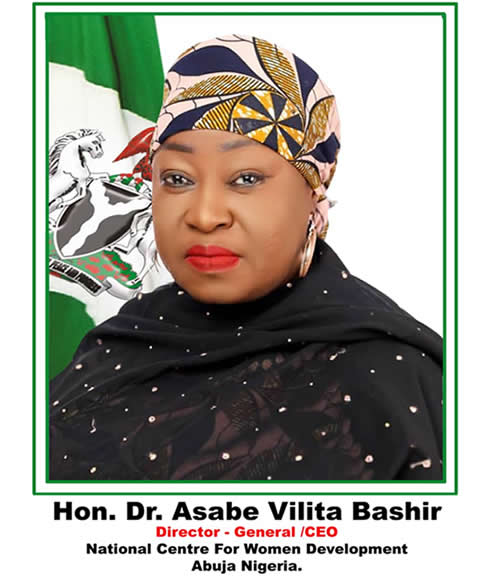
 COMMISSIONING OF THE RESOURCE CENTER FOR WOMEN
COMMISSIONING OF THE RESOURCE CENTER FOR WOMEN
Today 14th November 2022, the National Centre for Women Development (NCWD) in collaboration with UN Womnen and with the support of the Canadian Government Commissioned the National Resource Centre for Women in PoliticsS (NRCWP).
The National Centre for Women Development (NCWD) in pursuit of its mandate to undertake activities geared towards the social, economic and political empowerment of women within the overall framework of national development, entered into collaborations with the UN Women to initiate a programme titled ‘Advance: Women’s Political Participation in Nigeria’ with support from the Canadian Government. Today we celebrate the gains of this collaboration i.e. the establishment of a Pilot National Resource Centre for Women in Politics (NRCWP) in the FCT (now commissioned and operational) and two other Resource Centres (to be commissioned before the end of 2022), one in Borno and another in Cross River State.
 OBJECTIVE OF THE RESOURCE CENTRE FOR NIGERIAN WOMEN
OBJECTIVE OF THE RESOURCE CENTRE FOR NIGERIAN WOMEN
The overall objective of the Resource Centres for Women in Politics is to provide opportunity for female politicians to access knowledge products, electronic equipment, internet facilities, counselling that would enhance their productivity for effective participation in politics.
Specifically, the Project will:
Provide secretariat support to female politicians through the facilities of the resource centres
Conduct individual training as well as counselling sessions that will build the capacity of female politicians to help them win their elections and become effective leaders
Provide female candidates with required information, political contacts, and resources for within and outside Nigeria
Support female politicians to develop and publish campaign messages and materials
The resource centres will not only support experience female politicians, but it will also motivate the young women to participate in politics and governance and serve as a source of information, data and study for young women who are interested in politics.
The Centre is opened for operations daily from 9.00am to 4.00pm, Mondays - Fridays. Skeletal services may be offered on Saturdays from 10.00am - 2.00pm.
The National Resource Centre for Nigerian Women in Politics is located in the ICT Block of the NCWD, opposite CBN Headquarters, Central Business District, Abuja.
List of books in the resource center

UN Women solicit media support for Nigerian female politicians